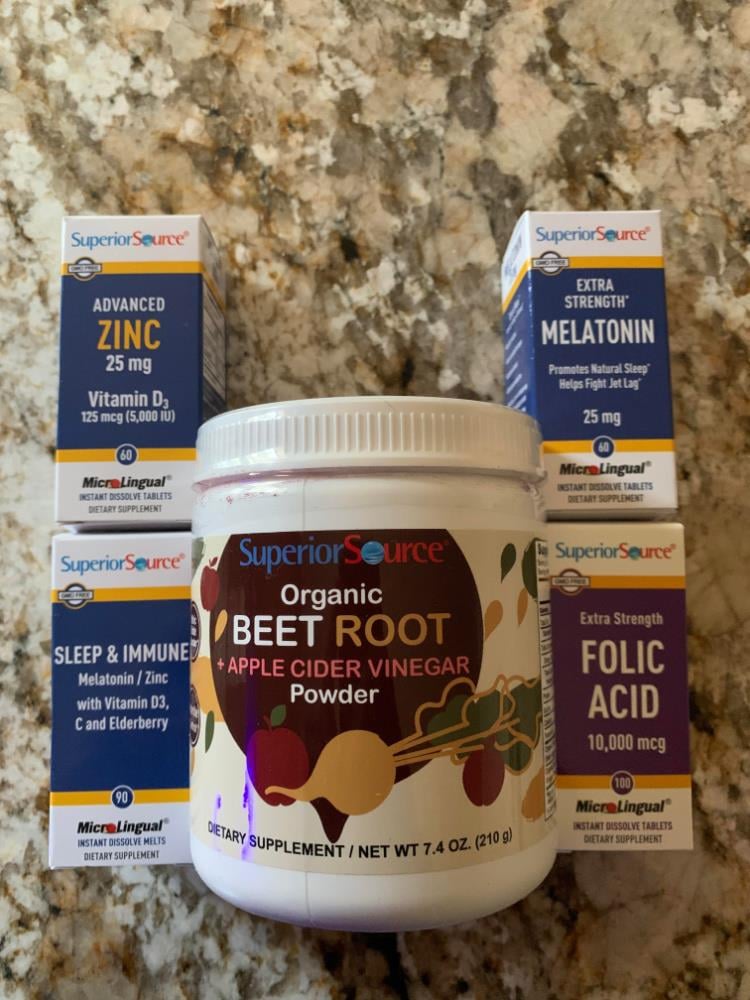Get a Better Understanding of your Birth Control
Sex is not just about reproducing. It is also used for giving pleasure to the body. If a baby is not on your mind for a couple of years (or months), you can use several birth control methods.
With lots of options available today, it is difficult and confusing to pick a birth control method. Birth control options primarily aim to prevent the sperm from reaching the ova, avoiding unwanted pregnancies. Most people traditionally rely on pull-out methods, pills, or condoms even though there are many other alternatives like – patches, IUDs, cervical caps, etc. These are all individually effective, but clubbing together two forms such as condoms and birth control pills will give better results. Having a clear understanding of birth control options can help you find the one most suited for you.
Types of birth control:
- Barrier methods
Condoms, the most popular form of birth control, fall under this category. These are physical barriers that prevent the sperm from reaching the egg. They are also efficient in preventing the transmission of STDs. Condoms are 98% effective if used correctly. In real life, they are only 85% effective.
There are also other forms available – female condoms, sponges, cervical caps, diaphragms, etc. There are around 60-80% effective.
- Hormonal Methods
As the name suggests, they alter hormones to stop the release of eggs, preventing fertilization. Birth control pills, patches, shots, etc., are popular hormonal methods. You would need a doctor's prescription to use any of these. Ideally, they can prevent pregnancy 99% of the time. The flip side is that some people experience side-effects as a result of long-term use.
- Intrauterine Devices
IUDs are small devices that the doctor inserts into your uterus. There are copper Ts containing copper, which is a natural spermicide. They work by creating a non-conducive uterine environment for the sperm to fertilize the egg. IUDs cause inflammation in the lining of the uterus and make it is toxic for sperms.
IUDs are one of the most effective birth control options available. They are ideal for long-term usage and will last for 3 to 10 years. So if you are looking for a planned pregnancy or spacing between children, IUDs are excellent choices. However, they cannot prevent the transmission of STDs.
IUDs can also aid in emergency contraception and are suitable for women suffering from obesity. You can get them inserted within five days of having sex.
- Emergency Contraception
Commonly known as morning-after pills, these are available for women who had accidental unprotected sex or whose contraceptives have failed. They are most effective when taken under 24 hours of sex.
They are available as over-the-counter drugs and are hence highly misused. Frequent usage can cause adverse health effects, alter the menstrual cycle, and other complications.
We do not recommend morning-after pills as a long-term birth control option. They should not be taken for regular sex. Let's say you are married or have an active sex life; the morning after pills cannot do the job. They are only used for the emergency purpose (in case a condom breaks or sexual assault happens).
- Permanent Birth Control
There are surgical methods available for people who decide not to conceive in the future permanently. These are about 99-100% effective. Women can undergo tubectomy where fallopian tubes are tied, preventing eggs from reaching the uterus. Similarly, vasectomy prevents sperms from reaching the urethra and thereby prevents pregnancy.
Which is your preferred method?
In case you have any medical concerns such as Type 2 diabetes, obesity, high blood pressure, or asthma, speak to your doctor about the best option.
As for Type 2 diabetes, there are medications that can help. Mostly, overweight people are prone to Type 2 diabetes. In this case, you can take Metmorfin. How long does it take metmorfin to work? The effects can be seen within 48 hours. Similarly, there are other medications that can help in reducing symptoms related to high blood pressure and asthma.
Just in case you are taking medications, birth control pills may seem too heavy for you. It may cause nausea. In such cases, you can opt for IUD.
Ultimately, choosing the best birth control method is a decision you need to take with your partner. As an independent entity, you can decide for yourself. But having a proper understanding of the options can help you make an informed choice.



